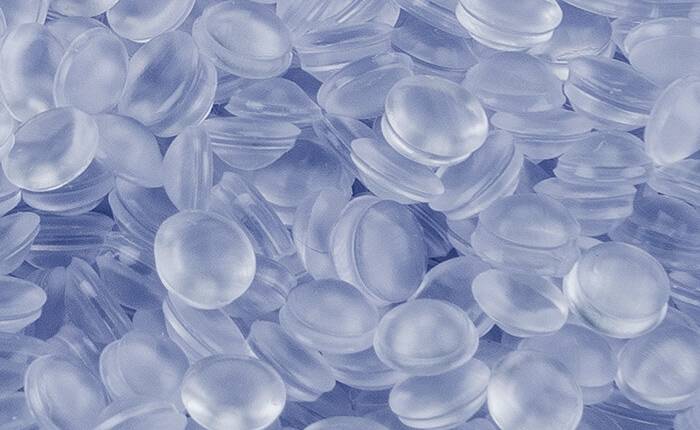Nov . 14, 2024 13:11 Back to list
pvc pipe sprinkler fittings
The Versatility and Reliability of PVC Pipe Sprinkler Fittings
In the realm of irrigation and landscaping, the choice of materials plays a crucial role in the efficiency and longevity of watering systems. One of the most widely adopted materials in this sector is polyvinyl chloride (PVC). PVC pipe sprinkler fittings have become popular due to their durability, cost-effectiveness, and ease of installation. This article explores the advantages, applications, and considerations of using PVC pipe sprinkler fittings in irrigation systems.
Advantages of PVC Pipe Sprinkler Fittings
1. Durability PVC is known for its resilient properties. It is resistant to corrosion, rust, and deterioration, which makes it an ideal choice for outdoor applications. Unlike metal fittings, PVC does not suffer from oxidation, ensuring a longer service life when exposed to various weather conditions.
2. Lightweight Compared to traditional metal fittings, PVC fittings are lightweight and easy to handle during installation. This reduces labor costs and simplifies the setup process, making it a preferred option for both professional landscapers and DIY enthusiasts.
3. Cost-Effective PVC is generally more affordable than other piping materials such as copper or galvanized steel. The lower material costs, combined with reduced installation time, make PVC pipe fittings a budget-friendly option for large irrigation projects.
4. Chemical Resistance PVC is inherently resistant to a wide range of chemicals, ensuring that it can withstand exposure to fertilizers and pesticides commonly used in gardening and agricultural applications without deteriorating.
5. Easy to Install PVC fittings are designed for quick assembly, utilizing solvent cementing or threading for connections. This ease of use allows for rapid installation and modifications, making it easier to adapt systems to evolving irrigation needs.
Applications of PVC Pipe Sprinkler Fittings
PVC pipe sprinkler fittings are utilized in various applications, including
- Residential Lawns and Gardens Homeowners often use PVC sprinkler systems to ensure efficient and even distribution of water in their gardens and lawns, leading to healthier plants and reduced water waste.
pvc pipe sprinkler fittings

- Commercial Landscapes Commercial properties, such as parks, golf courses, and sports fields, require reliable irrigation systems
. PVC fittings provide a practical solution to meet these demands without incurring excessive costs.- Agricultural Irrigation In agricultural settings, PVC fittings can be part of larger irrigation systems that distribute water effectively across fields, enhancing crop yields while conserving water.
- Industrial Applications PVC is also used in industrial environments, particularly for cooling systems and process water applications, thanks to its chemical resistance and durability.
Considerations When Using PVC Pipe Fittings
While PVC pipe sprinkler fittings offer numerous advantages, there are some considerations to keep in mind
- Temperature Limitations PVC has a limited temperature range. Extreme heat may cause the material to soften, while very cold temperatures can make it brittle. It’s essential to assess local climate conditions when designing an irrigation system.
- Ultraviolet (UV) Sensitivity Exposure to direct sunlight can degrade PVC over time. For systems that will be exposed to significant sunlight, selecting UV-resistant PVC fittings or applying protective coatings is advisable.
- Proper Installation To ensure longevity and effectiveness, precise installation techniques must be followed. Using the correct solvents and adhering to the manufacturer's guidelines is vital for achieving strong, leak-proof joints.
Conclusion
PVC pipe sprinkler fittings offer a reliable, durable, and cost-effective solution for various irrigation needs. Their versatility makes them suitable for residential, commercial, agricultural, and industrial applications. By understanding their benefits and limitations, users can make informed decisions that lead to efficient watering systems, promoting healthier landscapes and contributing to sustainable water management practices.
-
High-Quality PPR Pipes and Fittings Durable ERA PPR & PVC PPR Solutions
NewsJul.08,2025
-
Black HDPE Cutting Board - Durable, Non-Porous & Food Safe HDPE Plastic Cutting Board
NewsJul.08,2025
-
High-Quality CPVC Panel Durable HDPE & PVC Panels Supplier
NewsJul.08,2025
-
Double PE Welding Rod Supplier - High Strength, Durable & Versatile Welding Solutions
NewsJul.07,2025
-
High-Quality PVC-O Pipe Supplier Durable 75mm PVC Pipe & Connections Leading PVC Pipe Company
NewsJul.07,2025
-
HDPE Drainage Pipe Supplier – Durable & Corrosion-Resistant Solutions
NewsJul.06,2025

